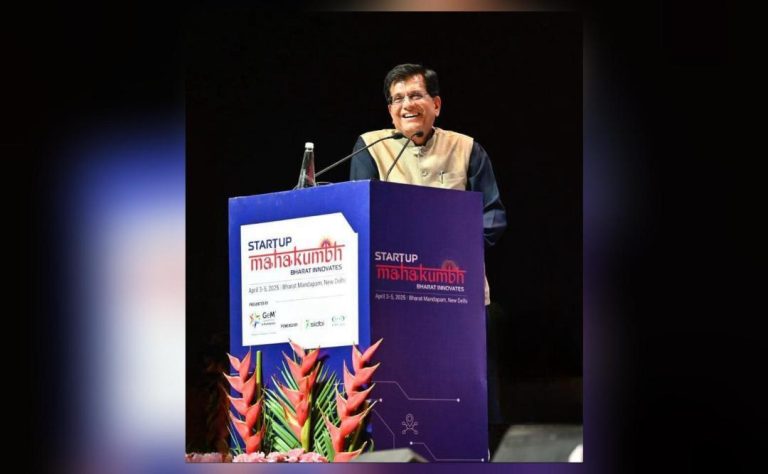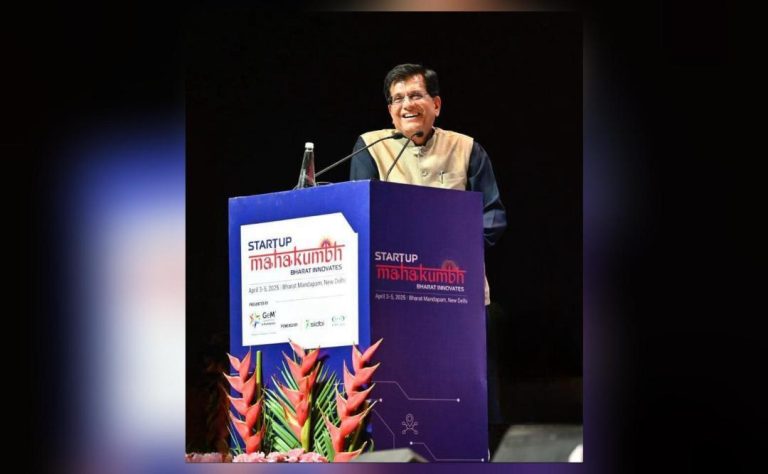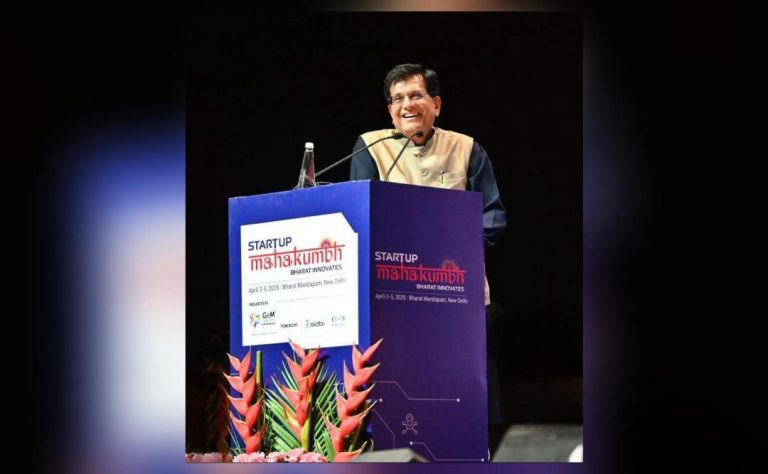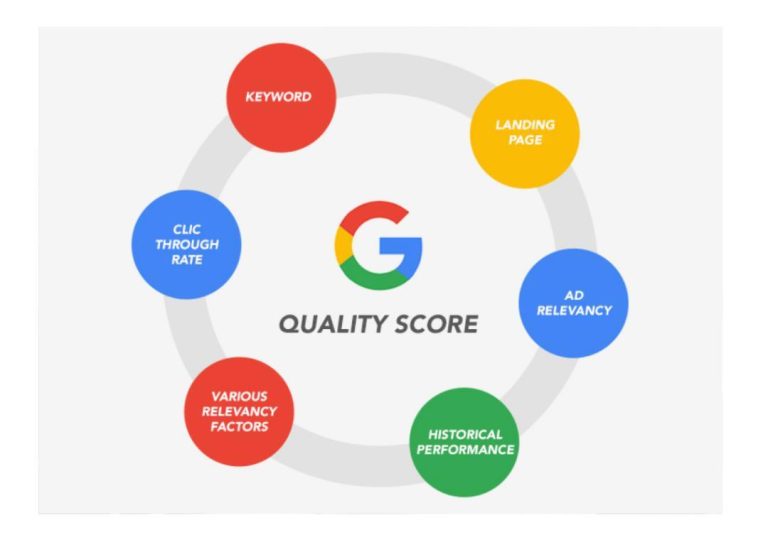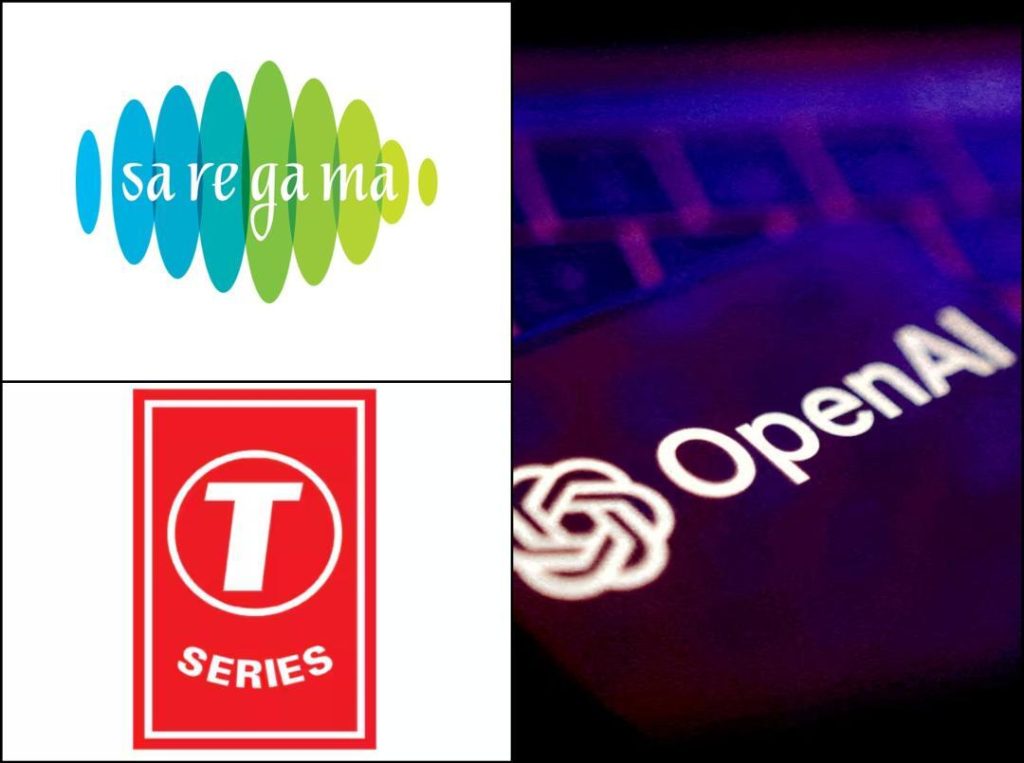
Title: T-Series, Saregama Seek to Join Copyright Lawsuit Against OpenAI
In a significant development, T-Series, Saregama, and the Indian Music Industry (IMI) group have filed a petition to join a copyright lawsuit against OpenAI in Delhi. According to Reuters, the music labels are accusing the US-based startup of using their sound recordings without permission to train its AI models, including the popular ChatGPT.
As per the legal documents, the music labels claim that OpenAI has been using their copyrighted material without their consent, which is a clear violation of intellectual property rights. The lawsuit is a significant one, as it highlights the growing concerns about the use of copyrighted content in AI models and the need for stricter regulations to protect creators’ rights.
The petition to join the lawsuit was filed in the Delhi High Court, and it is expected to be heard soon. The development is significant, as it may have far-reaching implications for the music industry and the use of AI models. The music labels are seeking compensation for the unauthorized use of their content and are also seeking an injunction to stop OpenAI from using their material in the future.
OpenAI is a US-based startup that has gained significant attention for its AI models, including ChatGPT, which is a highly advanced language model that can generate human-like text. The company has been at the center of controversy in the past, with some critics accusing it of using copyrighted content without permission to train its models.
The lawsuit against OpenAI is not the first of its kind. In recent years, several music labels and artists have taken legal action against the company, accusing it of using their copyrighted material without permission. However, this is the first time that T-Series, Saregama, and the IMI group have joined forces to take legal action against OpenAI.
The music labels are seeking damages and an injunction to stop OpenAI from using their content. They are also seeking an order that requires OpenAI to destroy any copyrighted material that it may have obtained without permission. The lawsuit is a significant one, as it highlights the growing concerns about the use of copyrighted content in AI models and the need for stricter regulations to protect creators’ rights.
The development is also significant, as it may have far-reaching implications for the music industry. The music industry is a significant contributor to the economy, and the unauthorized use of copyrighted content can have a significant impact on its growth. The lawsuit is a wake-up call for the industry, as it highlights the need for stricter regulations to protect creators’ rights.
The news has sent shockwaves through the music industry, with many artists and music labels expressing concern about the use of their copyrighted content in AI models. The lawsuit is a significant one, as it highlights the growing concerns about the use of copyrighted content in AI models and the need for stricter regulations to protect creators’ rights.
Media groups, including Network18 and NDTV, have also sought to join the lawsuit, citing concerns about the unauthorized use of their copyrighted content. The development is significant, as it highlights the growing concerns about the use of copyrighted content in AI models and the need for stricter regulations to protect creators’ rights.
The lawsuit is a significant one, as it highlights the growing concerns about the use of copyrighted content in AI models and the need for stricter regulations to protect creators’ rights. It is a wake-up call for the music industry, as it highlights the need for stricter regulations to protect creators’ rights.
In conclusion, the lawsuit against OpenAI is a significant one, as it highlights the growing concerns about the use of copyrighted content in AI models and the need for stricter regulations to protect creators’ rights. The music labels are seeking damages and an injunction to stop OpenAI from using their content, and the lawsuit is a wake-up call for the music industry.
